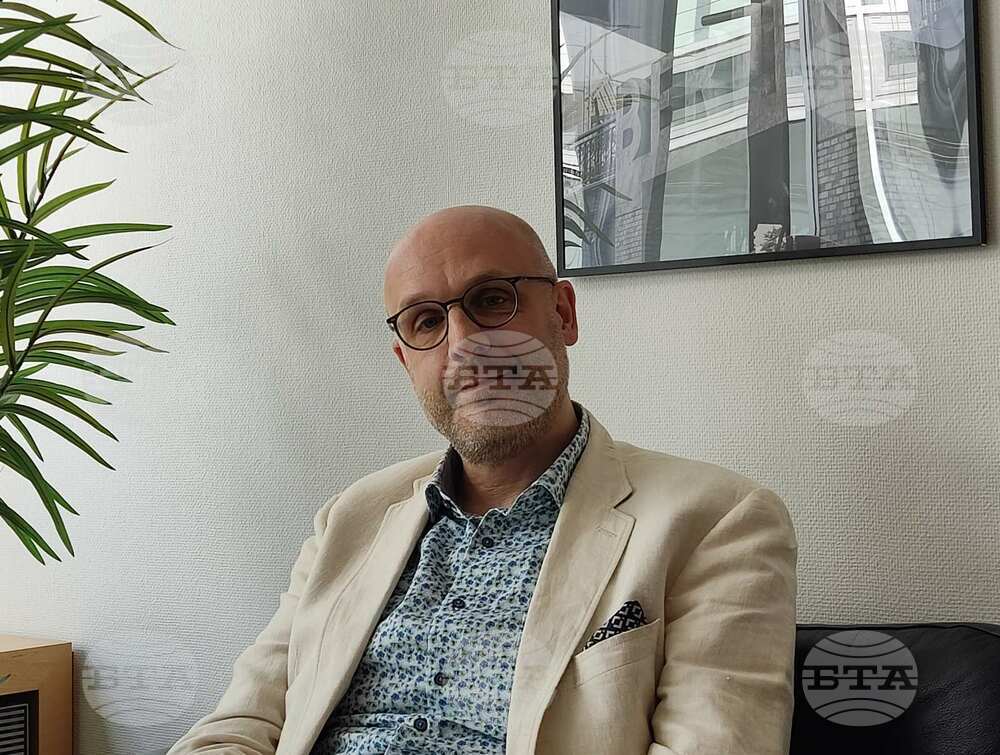site.btaEuropean Parliament Elections Results Pose Major Challenge for Germany, EU, Says Expert Christian Moos


The results of the European Parliament (EP) elections pose a big challenge for both Germany and the European Union (EU), expert and member of the European Economic and Social Committee Christian Moos told BTA in an interview.
The picture painted in Germany follows roughly the same trend as in the rest of the EU, he said, noting that there are some exceptions, such as Poland.
For Germany, the outcome of the European elections means that it will be a very difficult few months ahead. Chancellor Olaf Scholz's government, in which all parties involved lost support compared to the 2019 EP elections, will have to decide on the 2025 budget and risks not finding common ground with the other groups.
At the same time, campaigning for regional elections is to begin in three of the eastern German states, the former German Democratic Republic. In these regions, Alternative for Germany is achieving very high results in both the opinion polls and the European elections. It is even likely that the party will achieve an absolute majority in one of the states. This would be a quite revolutionary political event in post-war Germany, the expert stressed.
At the European level, he highlighted the increased presence of other extreme parties and, in the light of the forthcoming formation of the European Commission and the election of its president, he urges the democratic parties, which after all have a clear majority in the new EP, to work together and avoid cooperation with the far-right.
This is particularly important in view of the forthcoming parliamentary elections in France, Moos stressed. French President Emmanuel Macron announced on Sunday snap legislative elections to be held on June 30 after the results of the EP elections became clear.
The expert also noted the strong electoral support of over 6 percent received by the Sahra Wagenknecht Alliance – Reason and Justice, which is also quite extreme in its positions, despite being part of the Left-wing political space.
The expert also noted the strong electoral support of over 6 percent received by the "Union Sarah Wagenkneh", which is also quite extreme in its positions, although part of the left political space. It is unusual for a new party to receive such strong support. There is no electoral threshold in German EP elections, but in national elections it is 5%, which would allow a party formed only in January to enter the Bundestag, he added.
This year's EP elections in Germany saw a record turnout of 64.8%- the highest since the country's reunification in 1990. This means that people are probably much better informed about the importance of the EU. But there is also a less positive explanation - according to the expert, it is possible that many people went to the polls who are dissatisfied with the system, not only at European level. This shows that there is still a lot of work to be done, including in view of young people. It is worrying that many young voters have cast their ballot for Alternative for Germany and this may be due to the party's effective approach on social media, including TikTok, Moos added.
Meanwhile, although the Christian Democratic Union/Christian Social Union (CDU/CSU) won the elections with a total of 30% support, politicians from the conservative alliance should take into account that the support is not higher given the low results of the forces from the ruling coalition. As part of the European People's Party (EPP), the bloc will play a significant role in determining the next president of the European Commission and this gives considerable responsibility to the approach it will take in cooperation with other political forces, the expert pointed out.
At the same time, the absence of an electoral threshold has allowed many small parties that are democratic and pro-European to send representatives to the EP, and this is perhaps "a bright spot on a not-so-bright horizon", Moos noted.
/NF/
Additional
news.modal.image.header
news.modal.image.text
news.modal.download.header
news.modal.download.text
news.modal.header
news.modal.text
